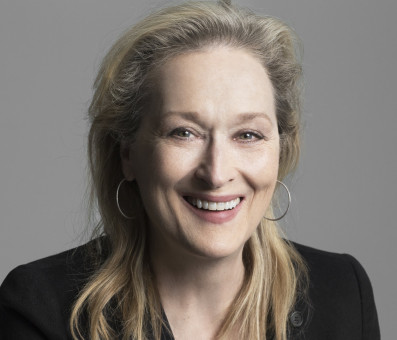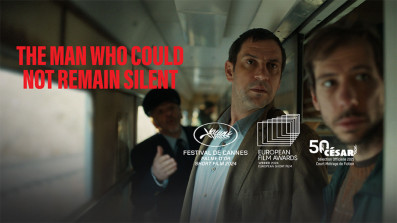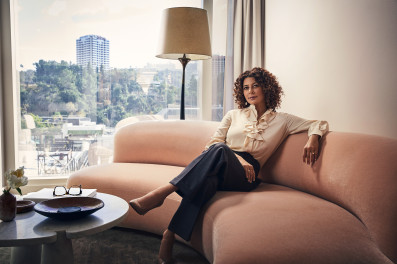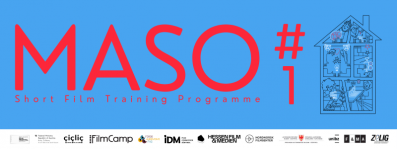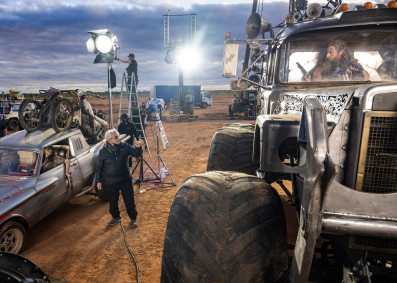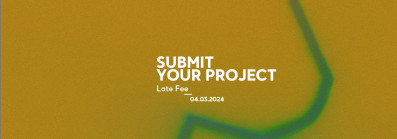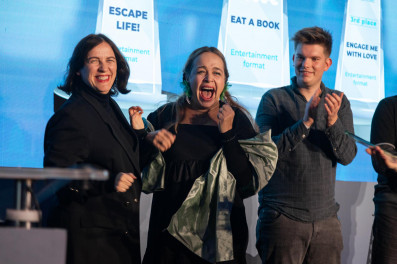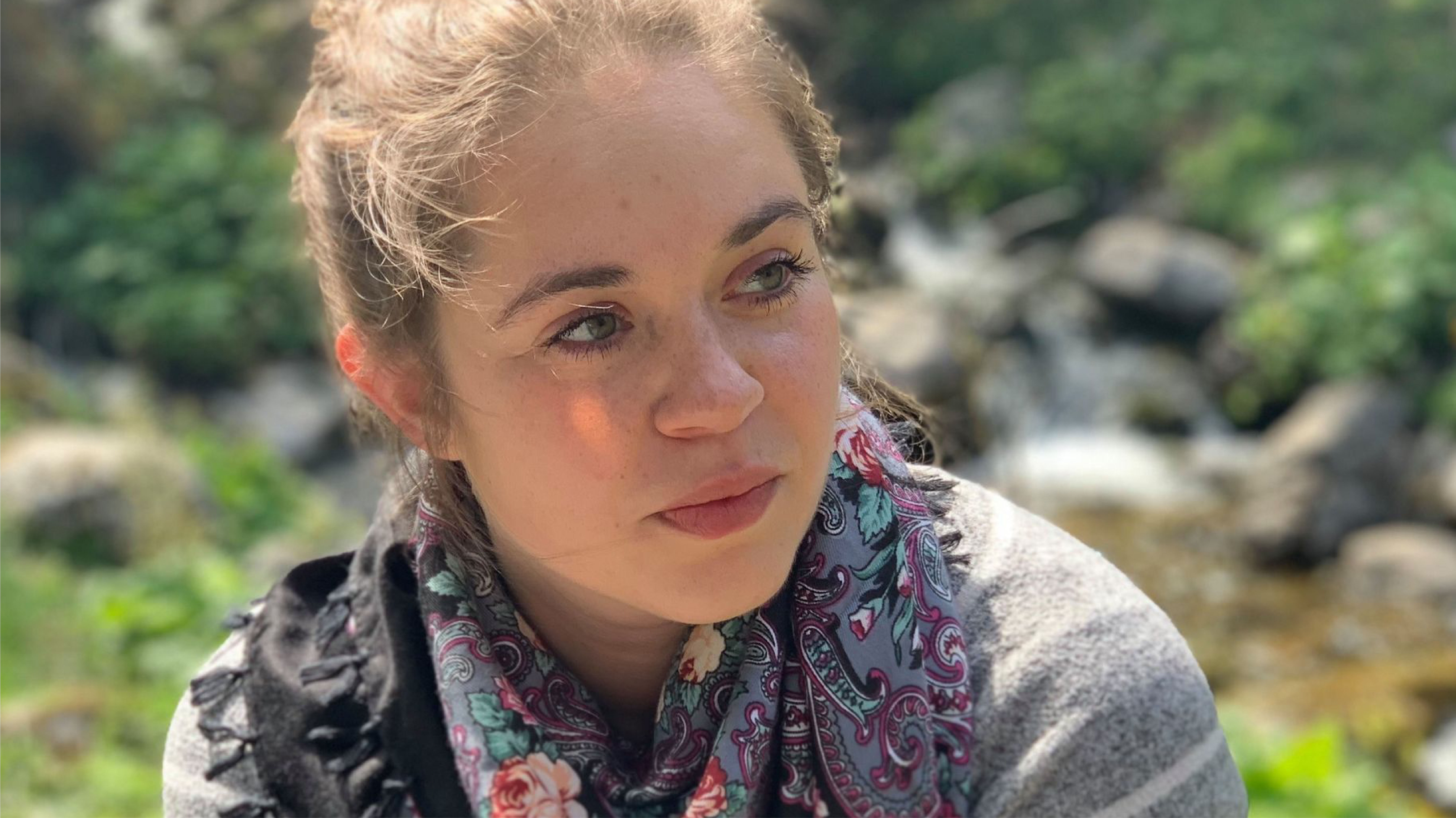
Interview with Weronika Jurkiewicz the director of "The Vibrant Village"
Film presented as part of Europeans Shorts at Sarajevo Film Festival
Weronika Jurkiewicz is a writer/director and producer whose work focuses on intimate, local stories as a way to comment on bigger social issues, usually touching on subjects related to trauma, gender and politics. She is an alumna of DocNomads European Joint Masters Program in Documentary Filmmaking as well as Dual BA Program between Sciences Po Paris and Columbia University in New York. Her first film The Vibrant Village was a part of Sarajevo Film Festival European shorts selection, so our Tettyo Saito decided to interview with her on this occasion.
Why did you want to become a film director? And how did you become one?
I believe in the power of stories: of their ability to help us make sense of the world around us and their potential to change our minds, oftentimes more effectively than facts and figures. This was the reason why I wanted to become a storyteller. Filmmaking came quite accidentally. I studied social sciences and creative writing non-fiction for my BA, with the idea of becoming a long-form journalist. But when I graduated and started looking for jobs, I realised there were more openings for video journalists. That’s how the idea to apply to an MA program in documentary filmmaking came to my mind.
When you started to be interested in movies, what movies did you watch? Is there a personal memory?
To be honest, I wasn’t really into films until I started film school. I have always been much more of a reader and books have always been an important part of my life. It wasn’t until I started the studies that I discovered the diversity of approaches, storytelling techniques and voices that art house cinema in general and creative documentaries in particular represent.
What is the starting point of this film "The Vibrant Village"? Your experience, news article or some other things?
Some years ago, I read an article in a Polish weekly about a leatherwear atelier in a tiny village in Poland which due to the financial crisis and resulting falling demand for high-end leather products, decided to re-brand itself as a BSDM-wear company. They became very successful in their niche. In my head, I imagined the company-wide meeting during which the owner had to explain to his or her employees, some of whom had worked at the atelier for decades, that from then on they had to make a completely new line of products. I just found this idea so hilarious that it stuck with me. So when I landed in Budapest and had to make a purely observational film in one month, I started looking for sex toy factories in Hungary.
When audiences watch this film, they must be interested in where this village is. The village is covered with snow like a white paradise, fulfilled with old men's cheerful voice and solemnized by women's seriousness in the factory. Where is this village? How did you find this incredible subject?
The village is located in northwestern Hungary, near the border with Slovakia. I stumbled upon an article about it in Hungarian media and immediately bought a train ticket to visit it.

And the audience must also be interested in the history of why sex toys are made in this small village. Women make sex toys in a serious, very diligent way as an important work. This landscape is quite seriocomical. Please explain to Japanese readers about the hidden history of sex toys in this village. Why, and how did women start to create a sex toy?
I’m afraid the truth is not that magical. The factory belongs to a German manufacturer who moved some of the production to Hungary because it is cheaper and also geographically close-by. As far as I know, it was not the women’s decision to build that factory there.
I'm impressed with its cinematography by André Cruz. His eyes are so cool and observational that history and meaning appear from every shot in a silent yet rich way. With Mr. Cruz, how did you construct its style of cinematography?
From the beginning we knew that it would be a cheeky, humorous short, so the main challenge was how to convey humour solely through framing. Wes Anderson was the obvious visual reference, so I told André that I wanted “Wes Anderson visits a Hungarian village.” He just ran with it and I think he did a wonderful job.
In this film, while men drink and talk a lot, women work diligently in the factory, which represents a kind of old-fashioned patriarchy. This contrast is one of the interesting elements. How did you decide to insert this contrast in this film? Representing some gap between man and woman, or another thing?
This was something that came out in the editing room. I was going through the footage and saw this dynamic between the hard-working women and the “good for nothing” men and decided to use it to enhance the humour innate to the entire situation. For me, this is indeed a very tongue-in-cheek commentary on old-fashioned gender roles. Of course, real life is a bit more complicated and those men simply work in a different factory nearby.
How is the current situation of Polish cinema? From the outside, it always seems good. In the 2010s, after Pawel Pawlikowski and Malgorzata Szumowska, many talents appeared at the prestigious film festivals like Jan Komasa and Kuba Czekaj at Venice and Jan P. Matuszynski at Locarno etc. But from inside, how do you see the current situation?
There are many incredibly talented filmmakers working in Poland right now and many Polish films are being played at festivals worldwide. I believe that the industry is indeed very strong.
Do you have a plan to make a new short or feature? If so, please tell our readers about it.
I am currently working on a couple of projects. I am in post-production with a short documentary titled “First Date” which deals with navigating one’s romantic life after acts of sexual harassment. The second project, which is still in the development stage, is a collective portrait of Polish re-migrants who struggle to create a home back in their homeland.
Written by: Tettyo Saito



